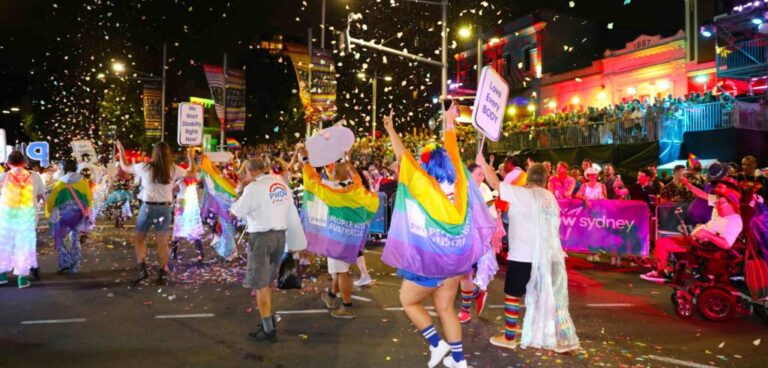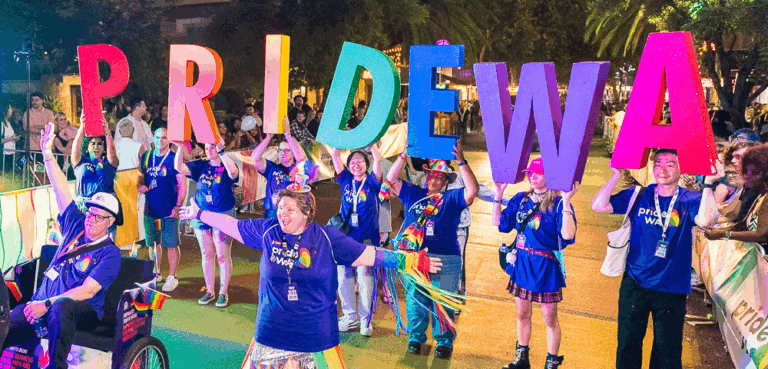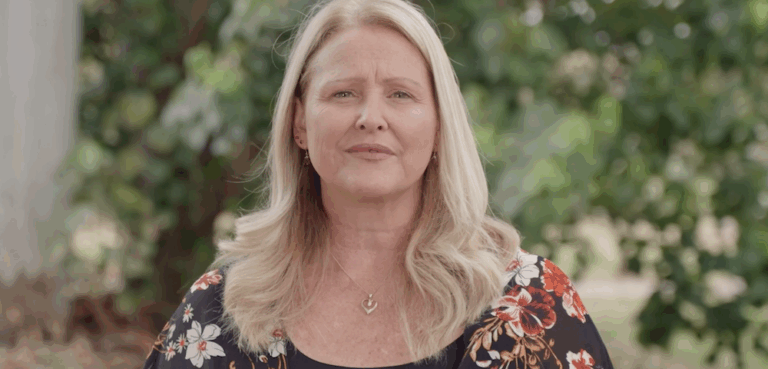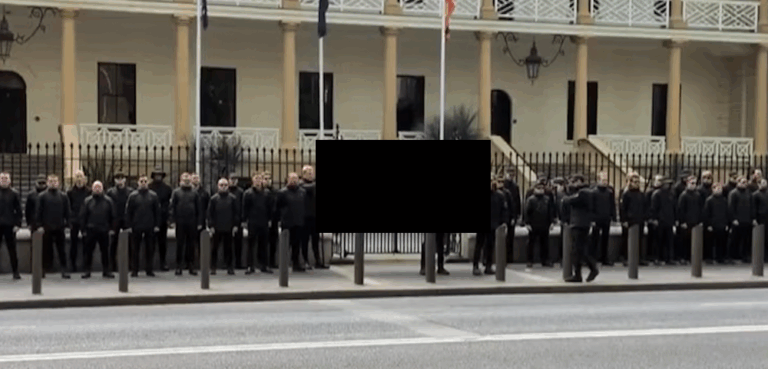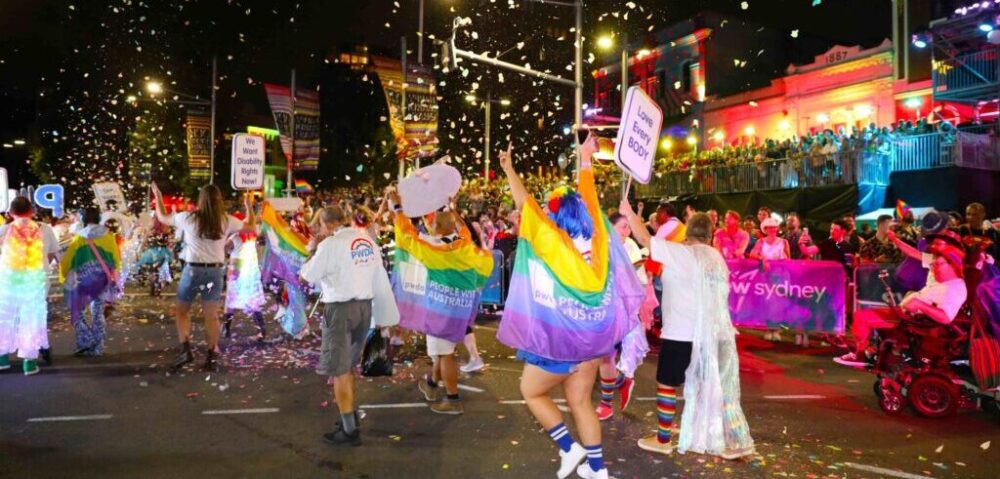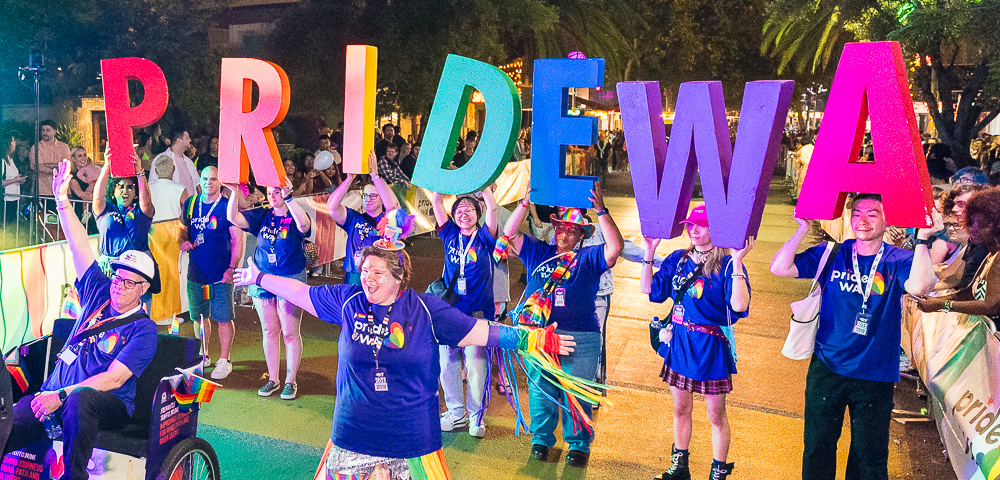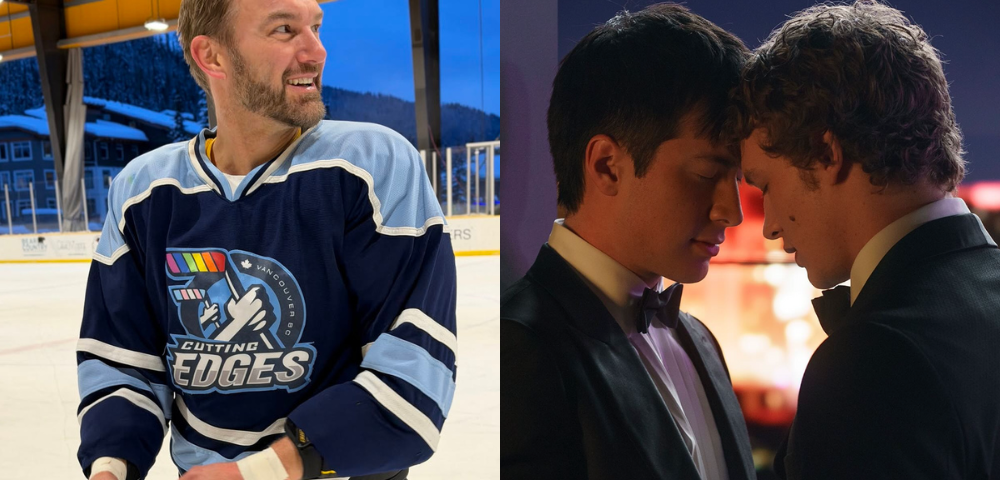
Florida School to Out LGBT Students Citing ‘Don’t Say Gay’ Bill
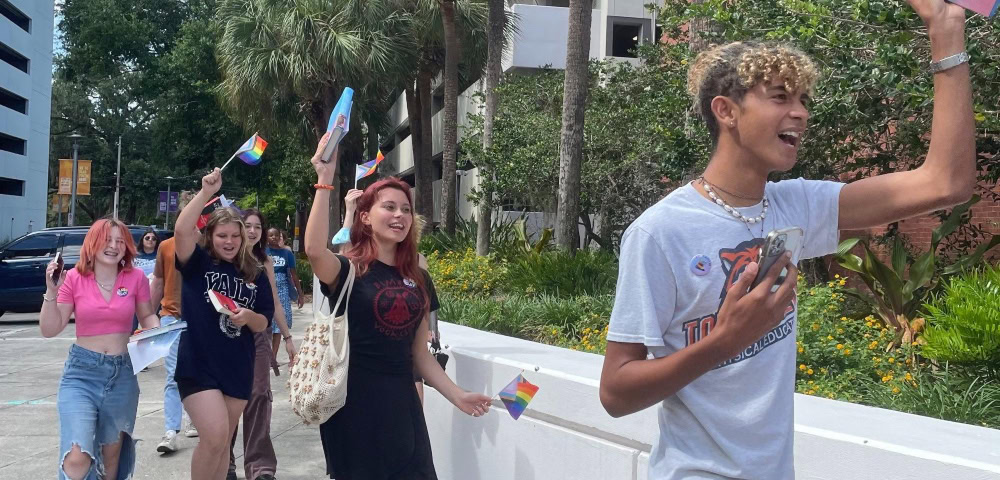
The Sarasota County School district in Florida has recently adopted a new policy following the “Don’t Say Gay” bill which now requires teachers to out their students if they come out as LGBTQ+.
The policy requires school staff to notify the principal, and school counsellor and seek parental permission if a student asks to be called by a different name or use different pronouns than the ones which they were assigned at birth. This development has been argued to be in line with the Parental Rights Education law which took effect in July this year.
A student who seeks to be called by a different name or identifies with differing pronouns needs to meet with their family, counsellor and administrator and fill out a “Gender Support Plan”. This process also is dependent on the administrators giving out “permission”, otherwise the student will be both deadnamed and misgendered at the school.
A screenshot of a flow chart that depicts the process a student must follow to be referred to with the correct name and pronouns was leaked to WUSF and has been confirmed by the school district.

According to the National Centre for Education Statistics, there are 62 schools within Sarasota County.
The Parental Rights in Education law, more popularly known as the “Don’t Say Gay” by critics, has been criticised by many LGBTQ community groups and allies for its discrimination toward queer children and fears that preventing students from coming out or seeking support will result in them feeling ostracised.
A separate CNN analysis done by Giselle Rhoden has found that there are currently over 150 anti-LGBT bills that have been introduced at the state level so far this legislative session. Such anti-LGBT planned legislation includes further restrictions on accessing gender-affirming health care and sports bans for transgender athletes.
The “Don’t Say Gay” law bans any discussion of sexual orientation and gender identity in younger grades.
Controversy of naming students
Speaking to WUSF (89.7FM), a flagship National Public Radio member station in the Tampa Bay area, high school teacher Derek Reich said that he was not able to call students by nicknames without the permission of parents.
“This last week, our school district told us that look, Jonathan, whose government name is Jonathan, if you want to call him anything else — like his friends call him John, his parents call him John. If you want to call him by his nickname, John, you have to get a permission slip for him to call any student that wants to be called by something other than their official name on their birth certificate,” he said.
“So there are so many minor things that teachers are concerned about. If I can’t call Jonathan ‘John,’ when everyone in his family does without getting a permission slip signed, that’s a difficult place to be as a teacher,” Reich said.
Republican Florida governor Ron DeSantis, who signed the “Don’t Say Gay” law has argued that parents should oversee teaching their children about gender identity and sexual orientation.
A survey conducted by the political action committee “We The Parents”, found that over 85 per cent believe that the Florida legislature is “making it more difficult for them to do their job” and close to 78 per cent believe the “so-called Parent’s Rights Movement is a negative development for teachers.”
This legislation has continued to silence LGBTQ+ identifying students and has left parents fearing for the safety of their children in schools if this policy becomes instated elsewhere.
